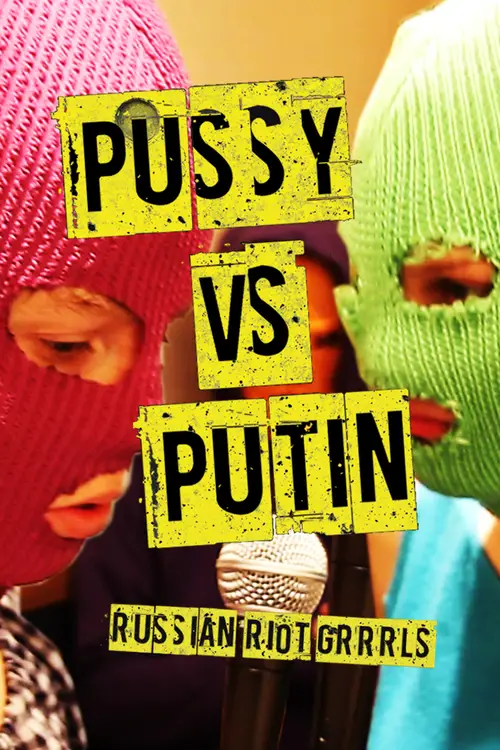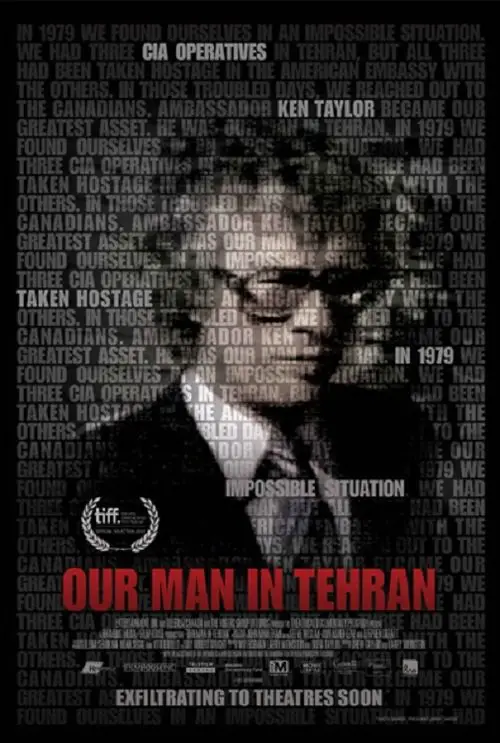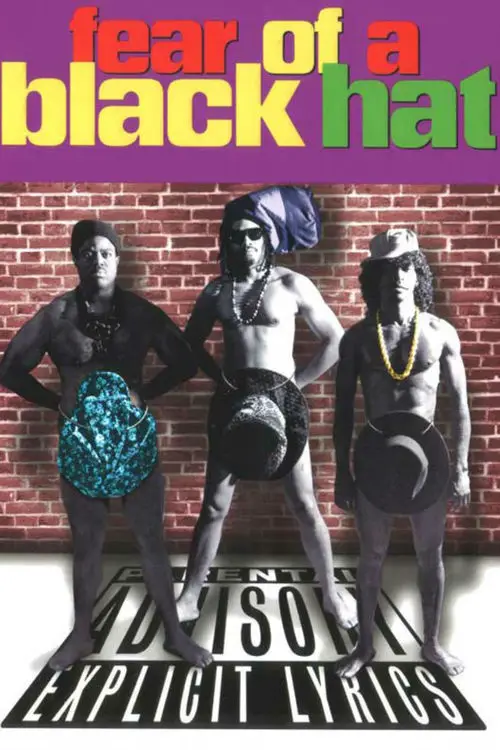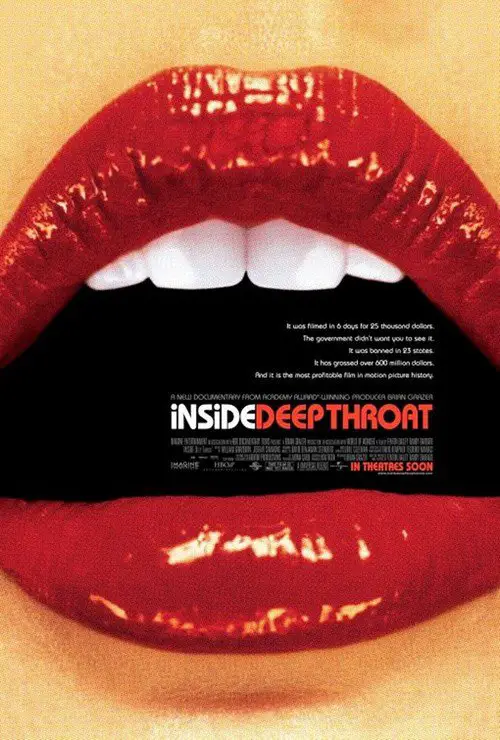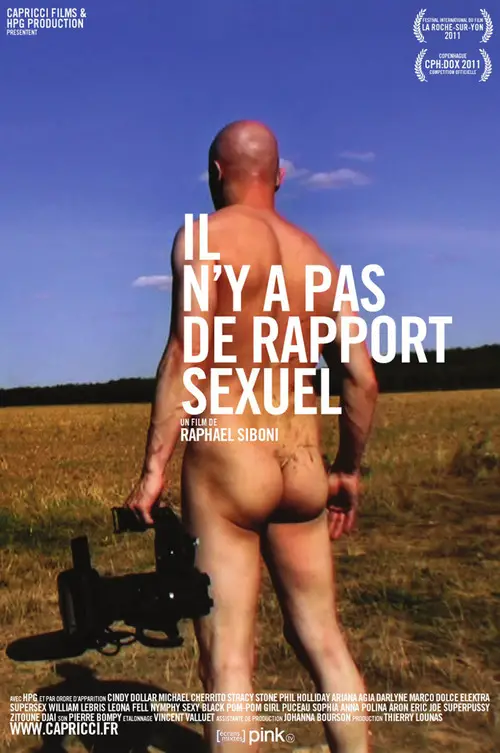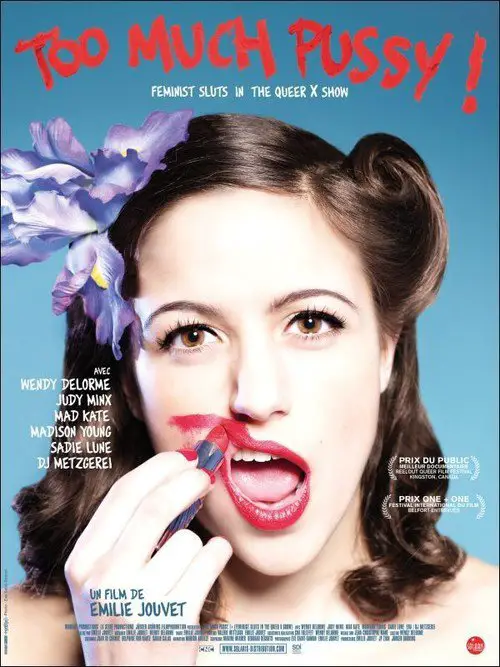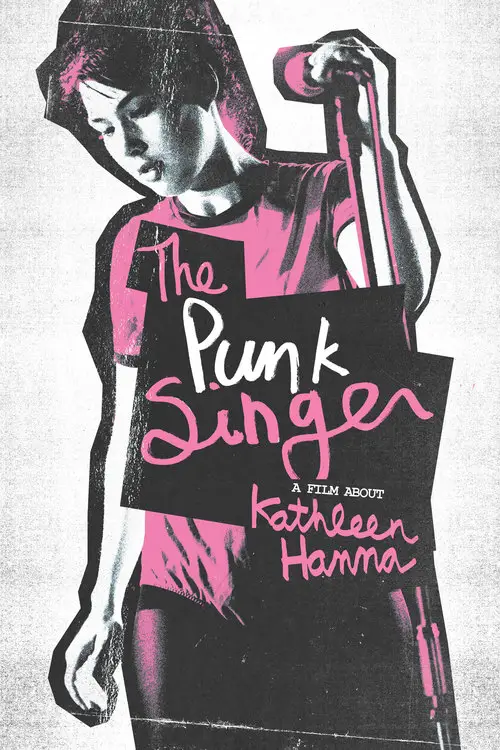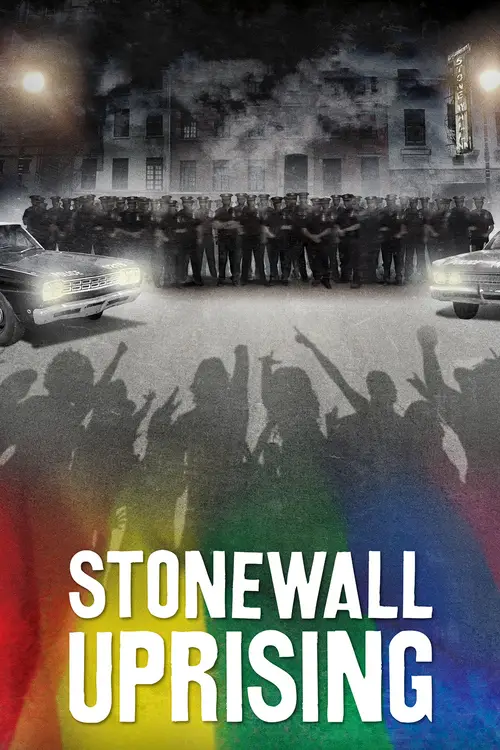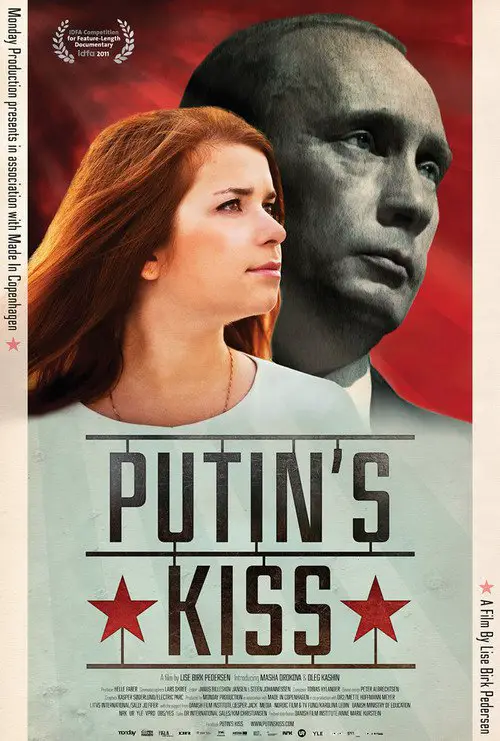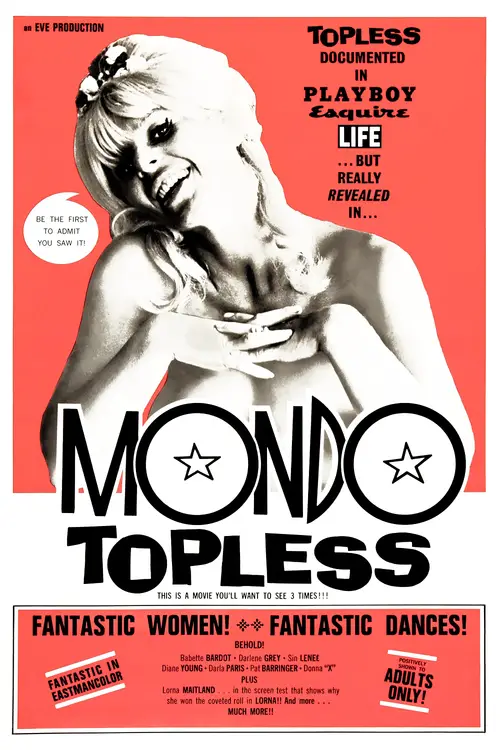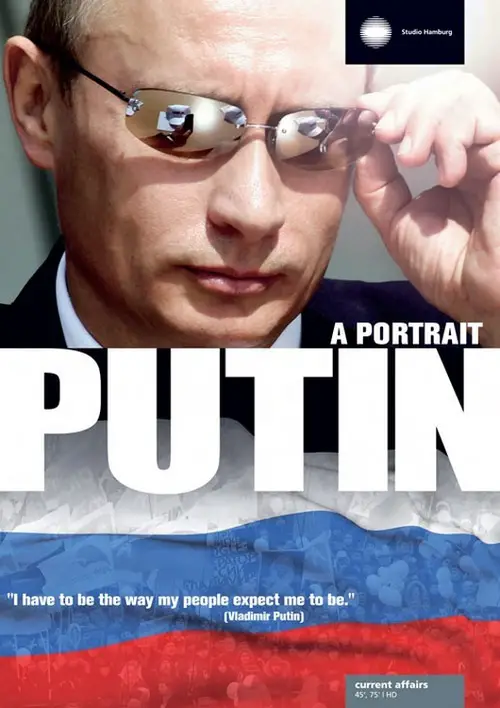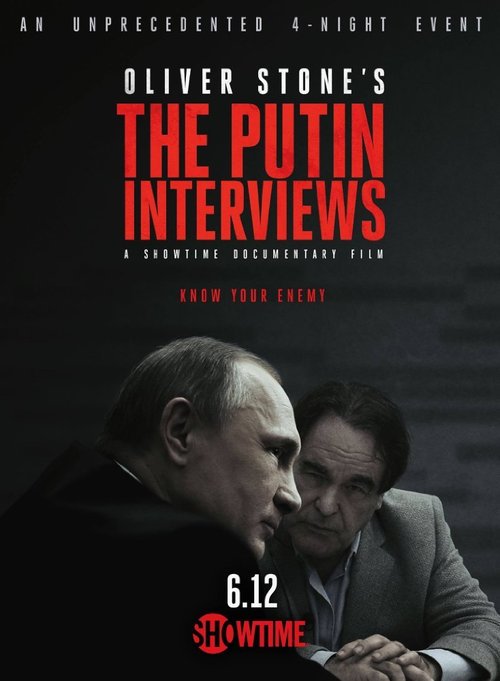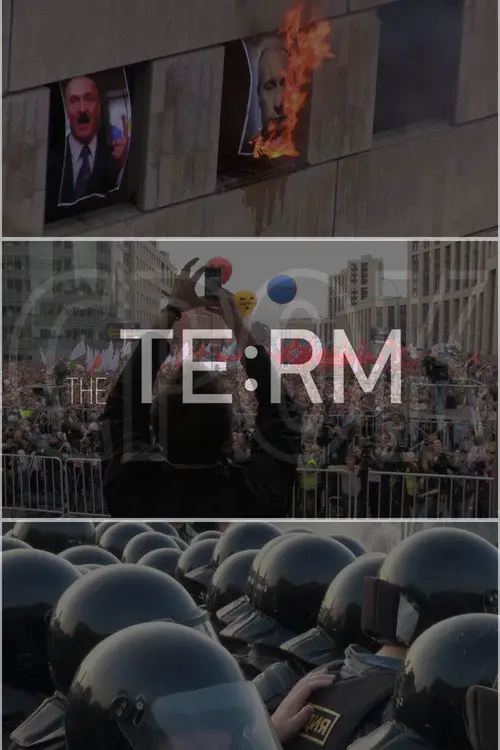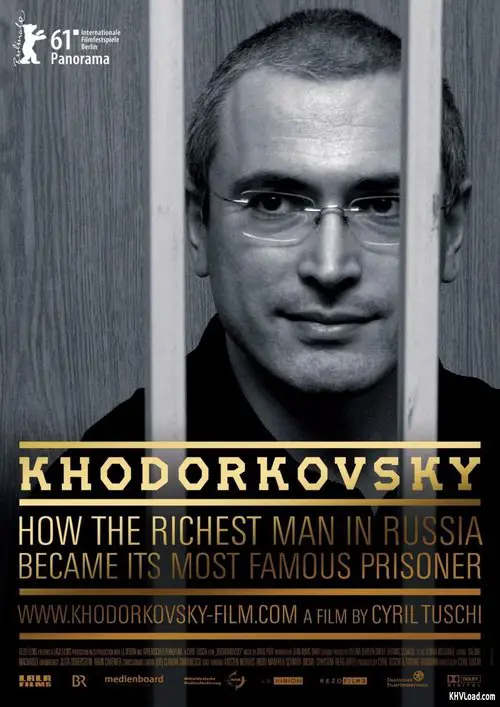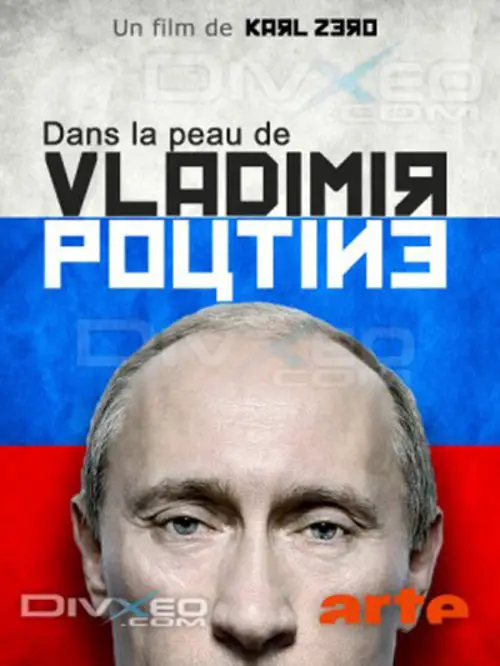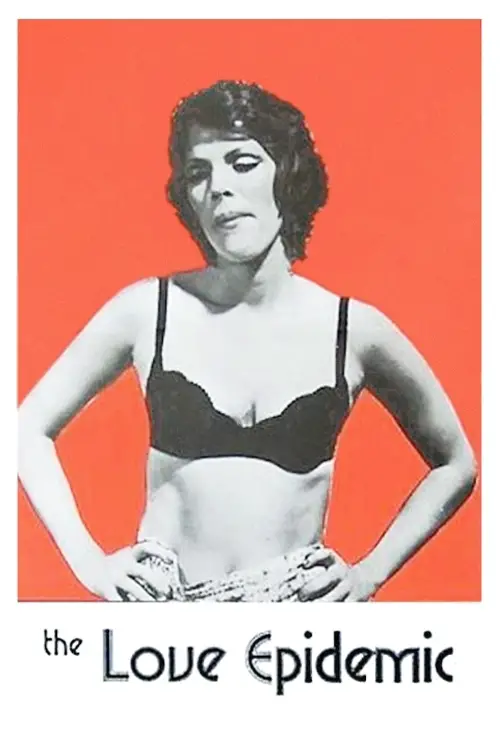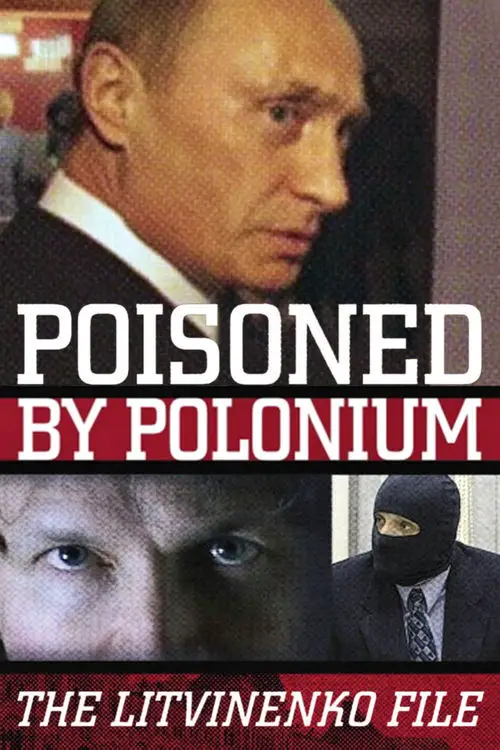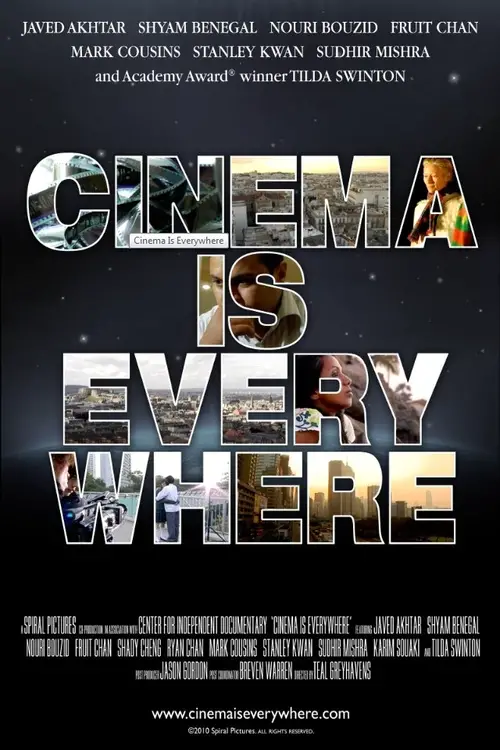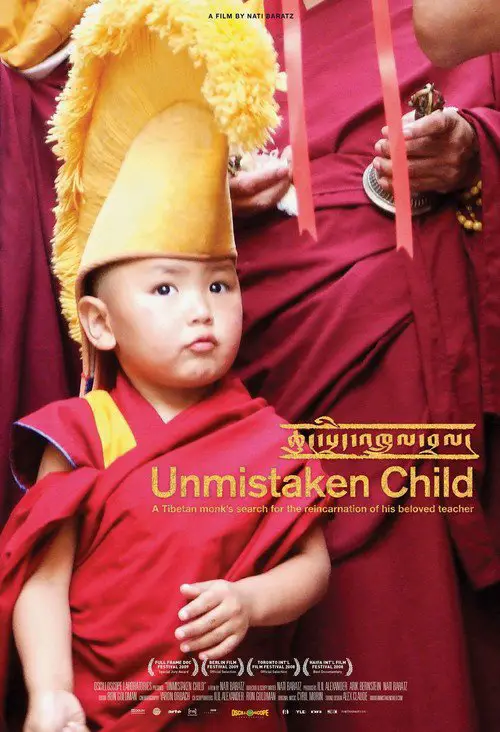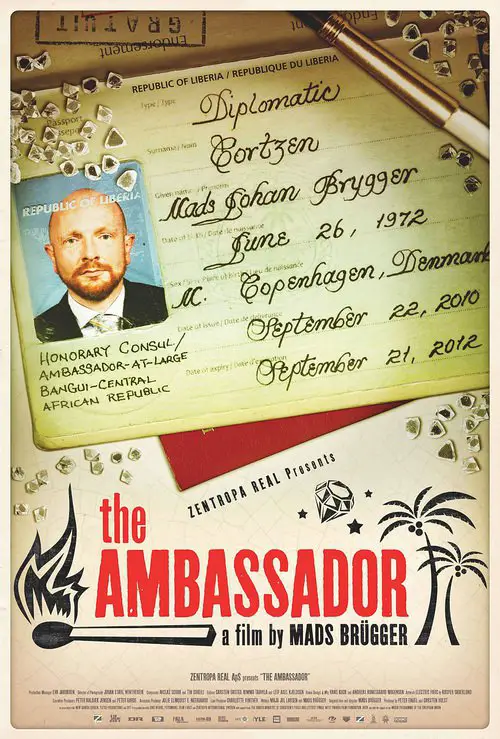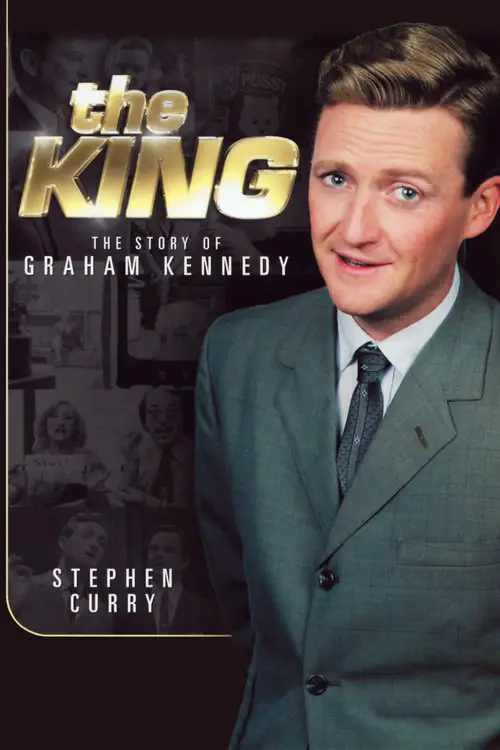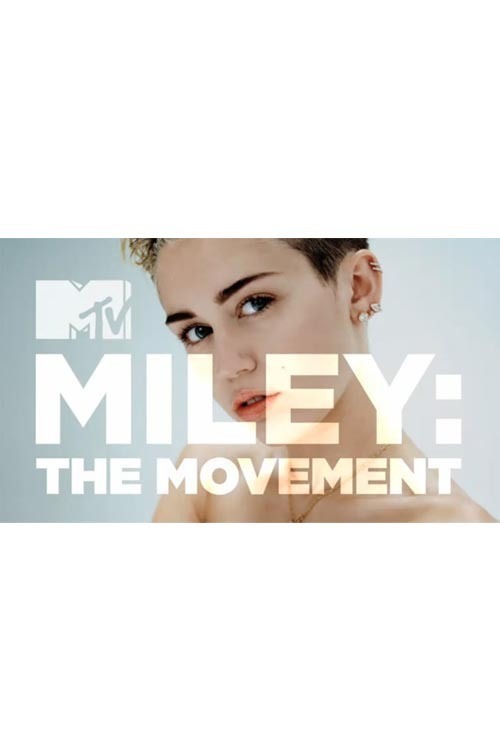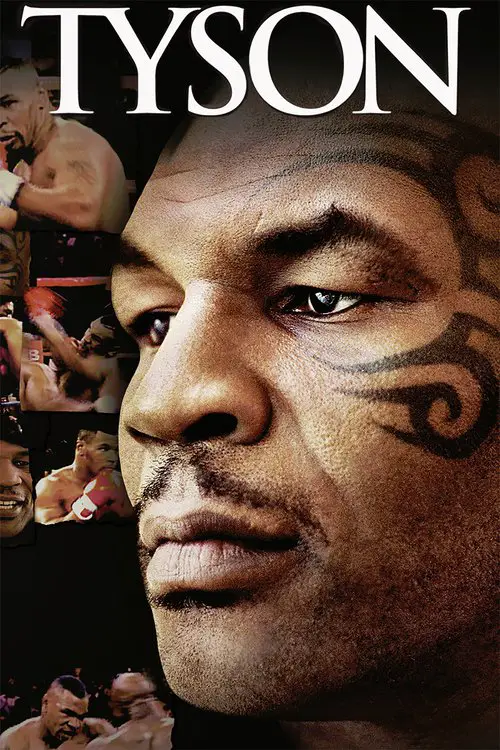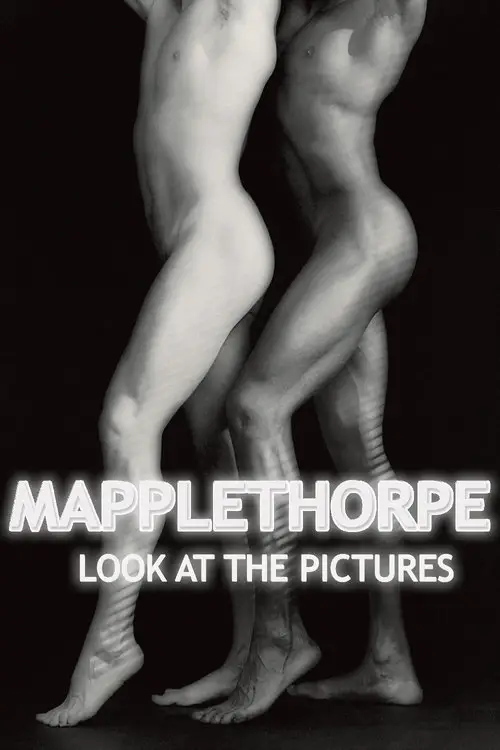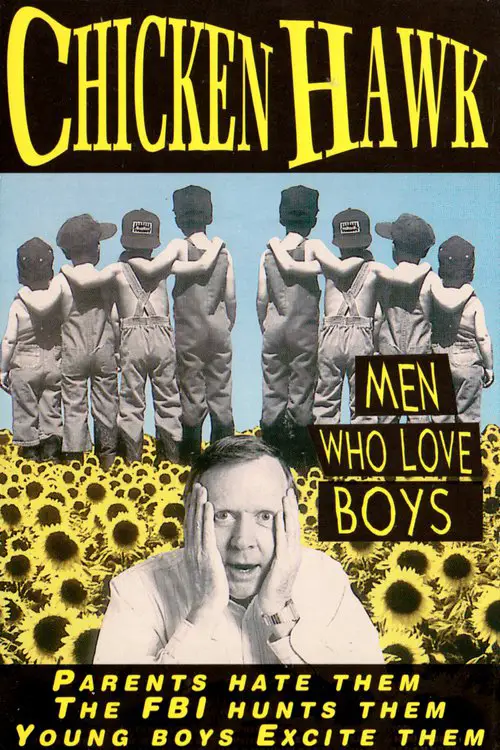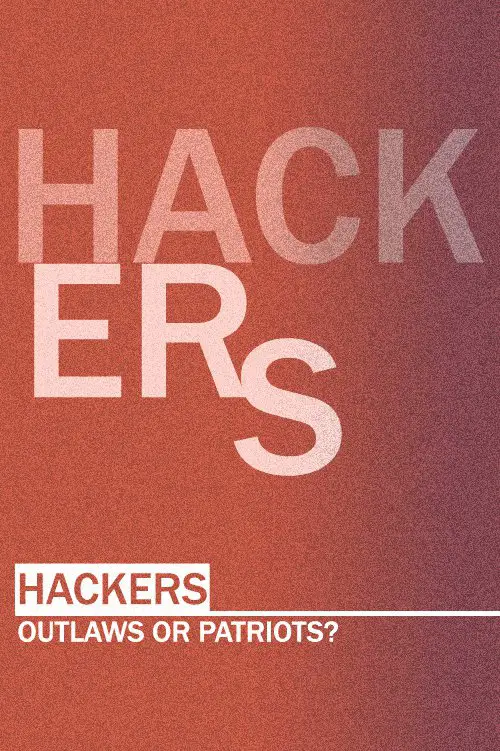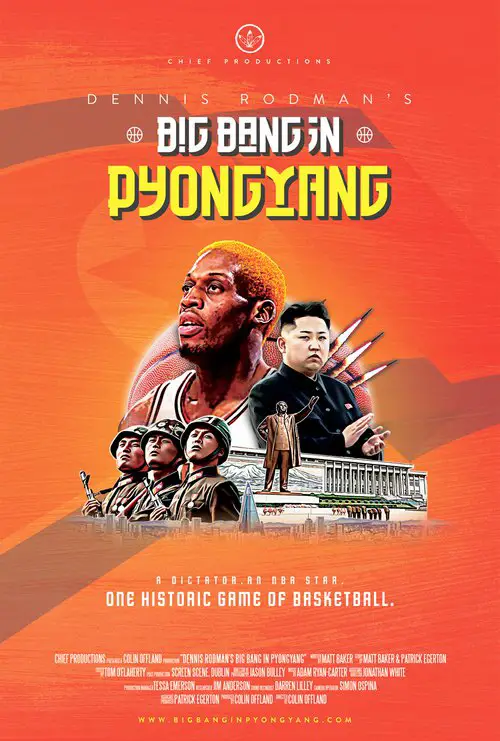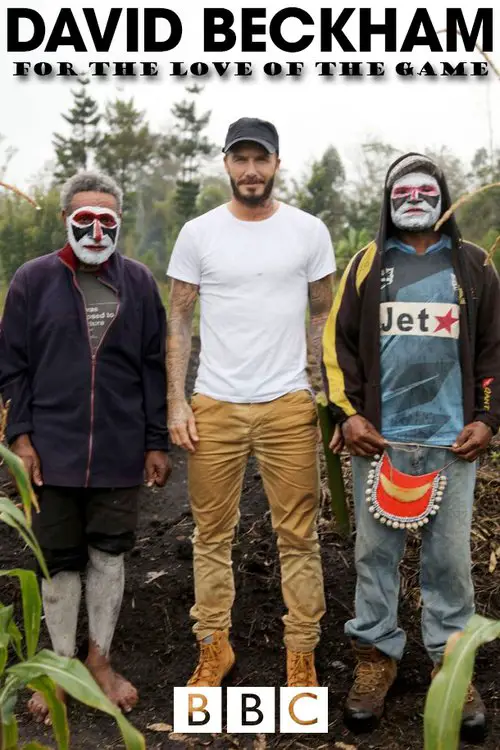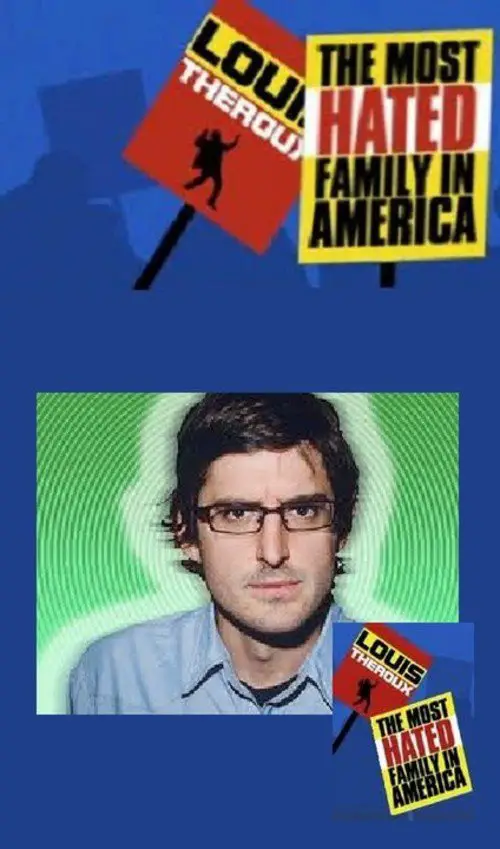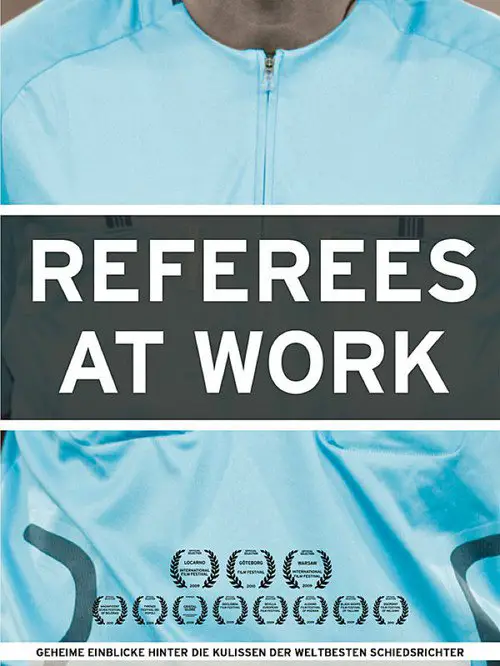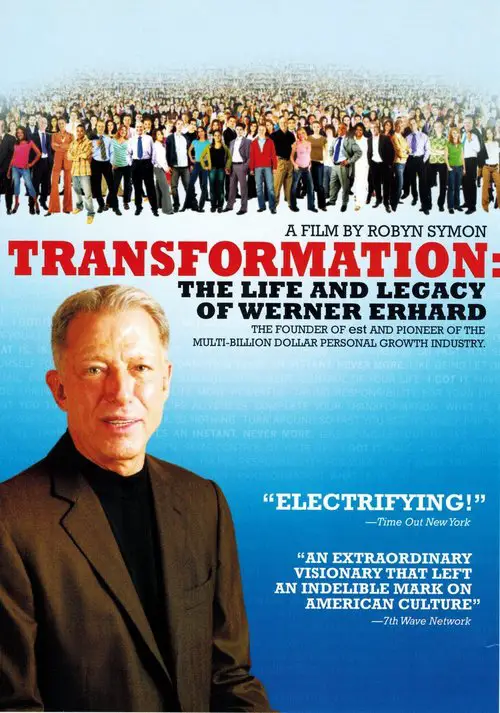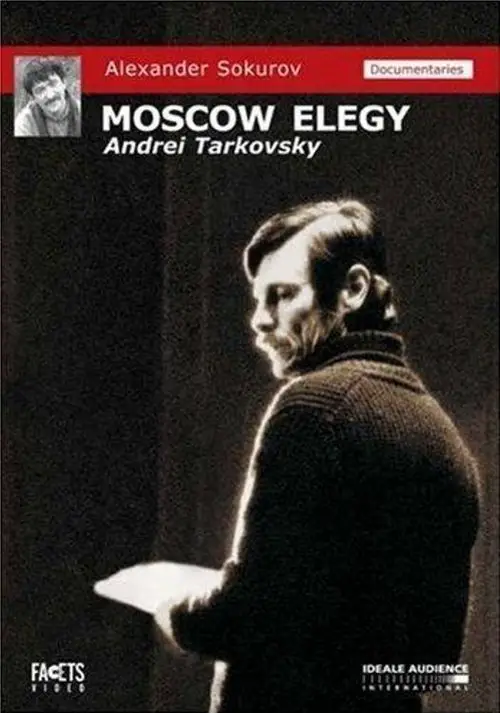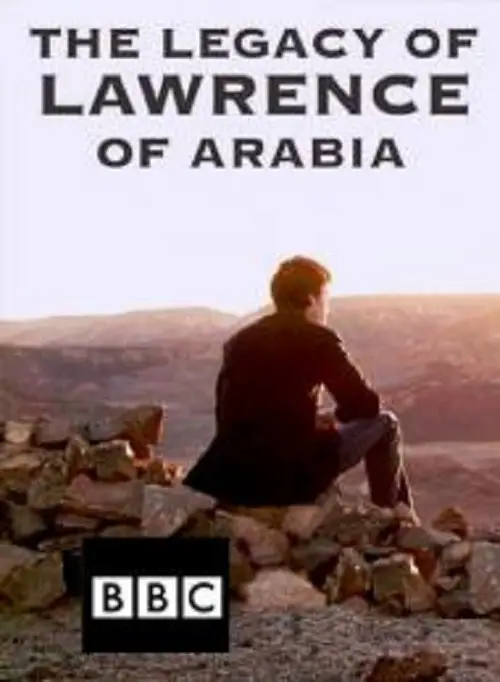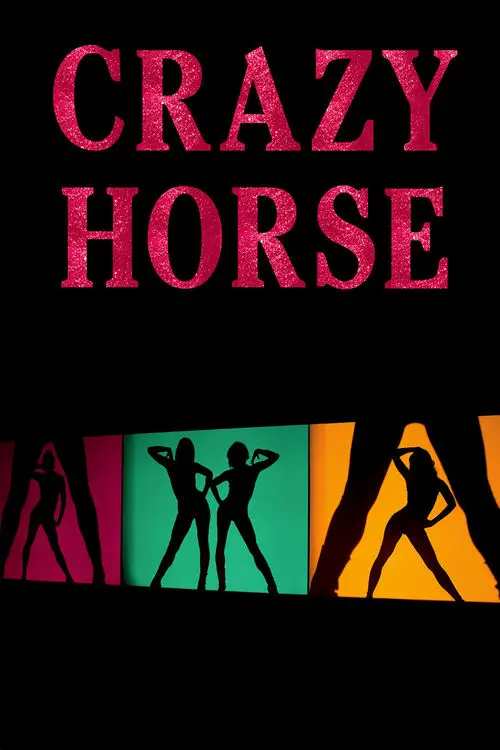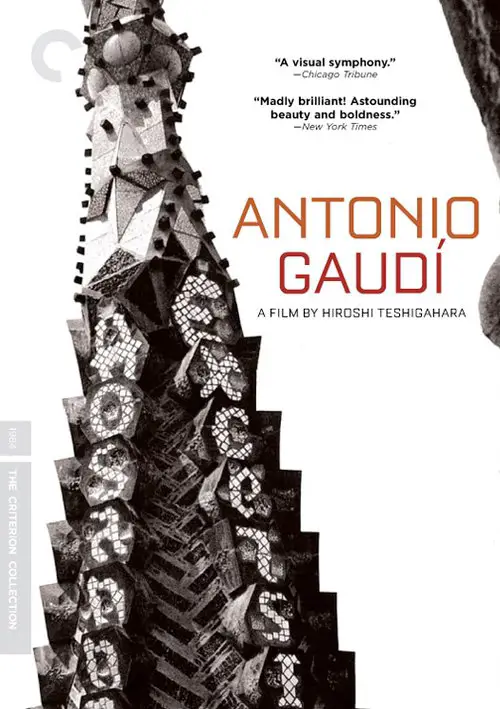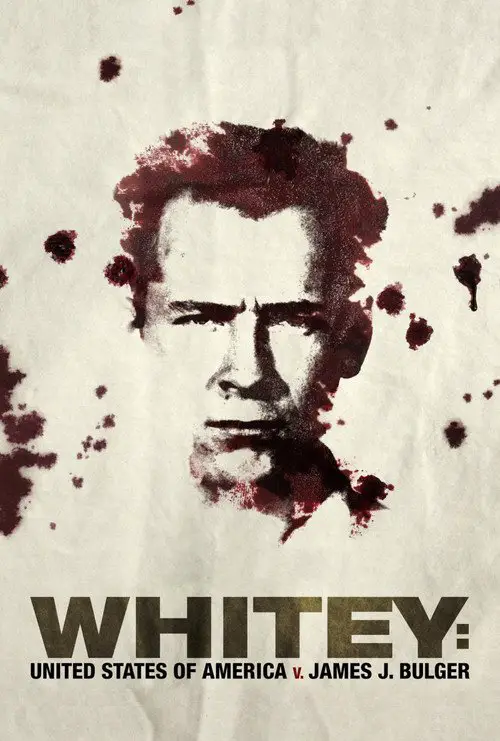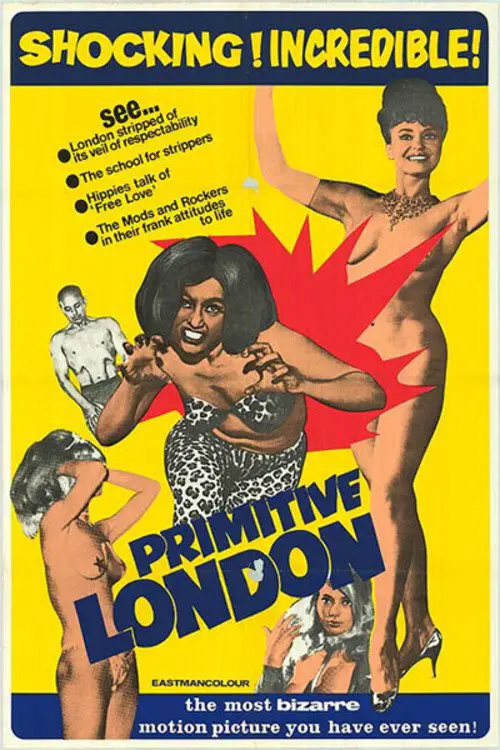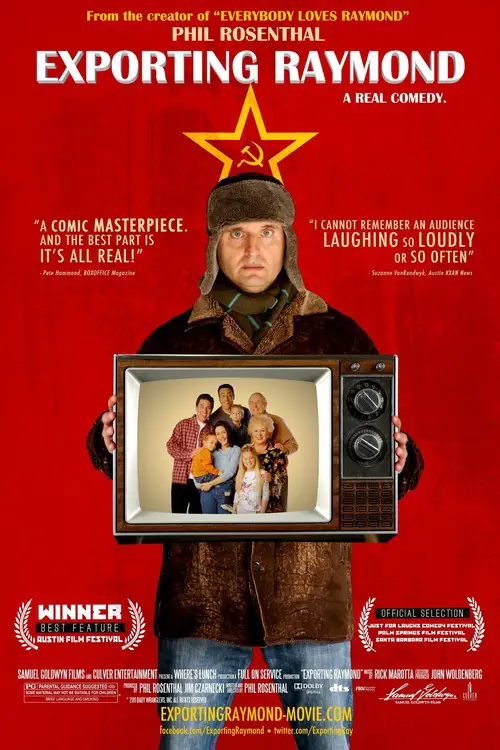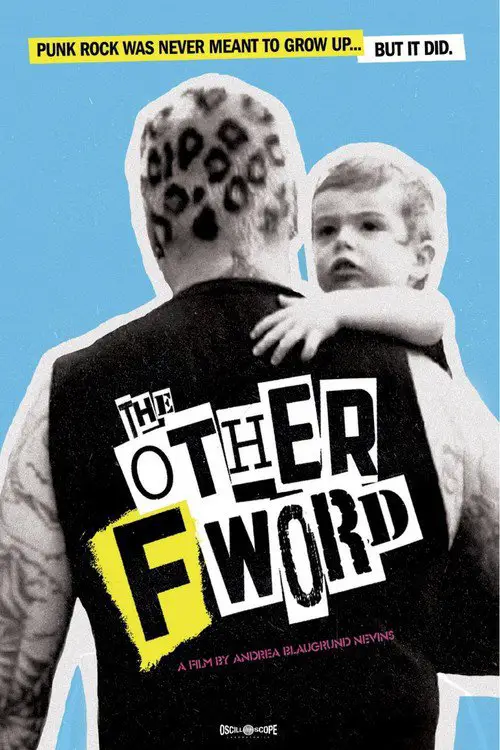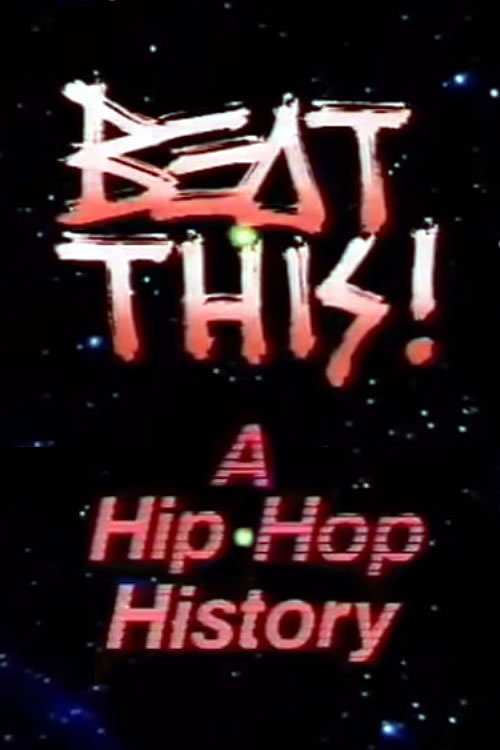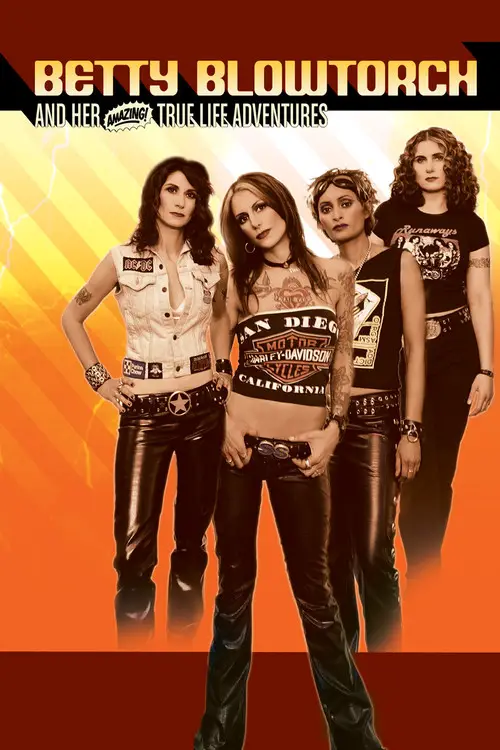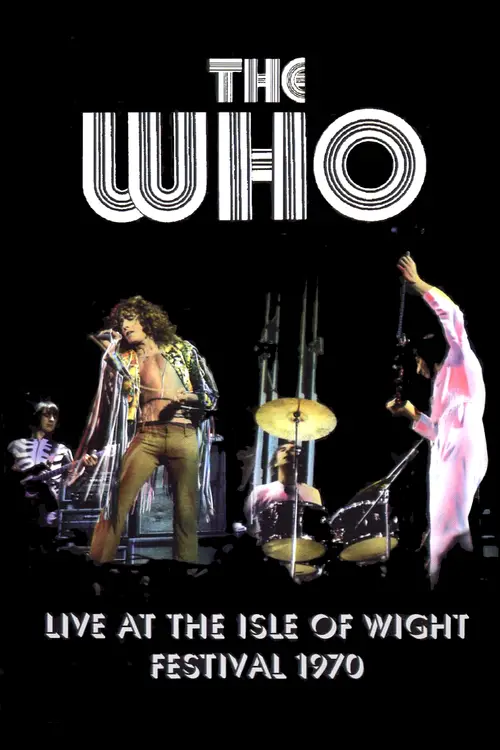Pussy Riot: A Punk Prayer (2013)
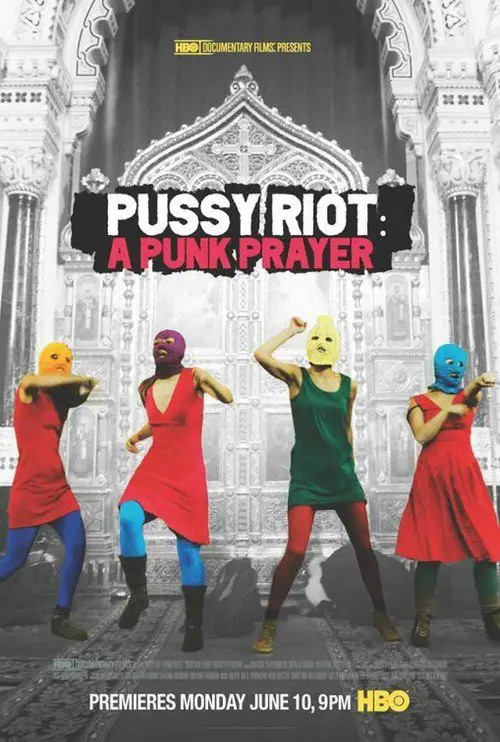
Similar movies
In 2012 two members of anarchistic female band Pussy Riot were sentenced to two years in a Mordovian labor camp for "hooliganism motivated by religious hatred". Russian film collective Gogolâs Wives follow each step of the feminist punk bandâs battle against Putin including their first disruptive performances on a trolley bus, shooting a video about transparent elections, a controversial performance in a Red Square cathedral, and footage shot in a jail cell. Support comes from many corners including Madonna who painted the words "Pussy Riot" on her back and wore a balaclava during her Moscow show. The documentary portrays the grim state of present-day Russia, a country starkly divided between conservatism and anarchy. Pussy Riot believes that art has to be free and they're willing to take it to extremes. "Pussycat made a mess in the house," they say, and the house is Russia. The filmmakers do not seek to moralize, they simply edit events and leave viewers to draw their own conclusions.
Chronicling the controversial career of bad boys N.W.H. (Niggaz With Hats), this uproarious 'mockumentary' lampoons all of hardcore rap's hot-button issues. This underground laugh riot recounts the rise, fall and resurrection of a clueless bunch of would-be rappers, Ice Cold, Tone-Def & Tasty Taste performing as N.W.H.
In 1972, a seemingly typical shoestring budget pornographic film was made in a Florida hotel, "Deep Throat," starring Linda Lovelace. This film would surpass the wildest expectation of everyone involved to become one of the most successful independent films of all time. It caught the public imagination which met the spirit of the times, even as the self appointed guardians of public morality struggled to suppress it, and created, for a brief moment, a possible future where sexuality in film had a bold artistic potential. This film covers the story of the making of this controversial film, its stunning success, its hysterical opposition along with its dark side of mob influence and allegations of the on set mistreatment of the film's star. In short, the combined events would redefine the popular appeal of pornography, even as more cynical developments would lead it down other paths.
The Endless Summer, by Bruce Brown, is one of the first and most influential surf movies of all times. The film documents American surfers Mike Hynson and Robert August as they travel the world during Californiaâs winter (which back in 1965 was off-season for surfing) in search of the perfect wave and an endless summer.
This flick interviews up and coming glam bands who made their home in the L.A. scene. Also interviewed are some of the genre's idols including Kiss, Aerosmith, Alice Cooper, Poison, Megadeth, Lemmy from Motorhead and of course, Ozzy. Also, spotlighted performances from bands such as Faster Pussycat, Odin, London (Nikki Sixx's old band), Seduce and Megadeth. The movie's range of topics include groupies, alcoholism, drugs, the glam image and why it attracted so many people from many walks of life. The movie's funniest (and saddest) segment includes filmmaker Penelope Spheeris's attempt to interview a W.A.S.P. guitarist in his pool, drunk as a skunk and with his MOM sitting right there!
Wattstax is the 1973 documentary film about the Afro-American Woodstock concert held in Los Angeles seven years after the Watts riots. Director Mel Stuart mixes footage from the concert with footage of the living conditions in the current day Watts neighborhood. The film won the Golden Globe for Best Documentary Film.
Stonewall Uprising is a 2010 American documentary film examining the events surrounding the Stonewall riots that began during the early hours of June 28, 1969. Stonewall Uprising made its theatrical debut on June 16, 2010 at the Film Forum in New York City.The movie features interviews with eyewitnesses to the incident, including NYPD deputy inspector Seymour Pine.
The film was produced and directed by documentarians Kate Davis and David Heilbroner, and is based on the book by historian David Carter, Stonewall: The Riots That Sparked the Gay Revolution. The title theme is by Gary Lionelli.
Masha Drokova is a rising star in Russiaâs popular nationalistic youth movement, Nashi. A smart, ambitious teenager who â literally â embraced Vladimir Putin and his promise of a greater Russia, her dedication as an organizer is rewarded with a university scholarship, an apartment, and a job as a spokesperson. But her bright political future falters when she befriends a group of liberal journalists who are critical of the government, including blogger Oleg Kashin, who calls Nashi a âgroup of hooligans,â and sheâs forced to confront the groupâs dirty â even violent â tactics.
Mondo Topless is a 1966 pseudo documentary directed by Russ Meyer, featuring Babette Bardot and Lorna Maitland among others. It was Meyer's first color film following a string of black & white "roughie nudies", including Faster, Pussycat! Kill! Kill! While a straightforward sexploitation film, the film owes some debt to the French new wave and cinéma vérité traditions, and is known to some under the titles: 'Mondo Girls' and 'Mondo Top.'Its tagline: "Two Much For One Man...Russ Meyer's Busty Buxotic Beauties ... Titilating ... Torrid ... Untopable ... Too Much For One Man!"The film was banned in Finland.http://en.wikipedia.org/wiki/Mondo_Topless
The documentary project The Term was conceived in May 2012. When the directing trio commenced mapping the Russian sociopolitical landscape, Vladimir Putin had just settled into the Kremlin for his third term. The original experimental format of âdocumentary bulletins,â which were published daily online, allowed for wide-ranging content; in the feature film version, however, the filmmakers focused solely on the members of various opposition groups. Nevertheless, the workâs neutral position remains and viewers have to interpret the objectively presented situations for themselves. The main characteristics of this strongly authentic movie include close contact with the protagonists, precise editing, and an effectively controlled release of information.
For the first time, this documentary includes two exclusive interviews with Vladimir Putin and full details about actions in Crimea during spring 2014. These events determined the history of modern Russia. The President talks frankly and openly about the challenges and risks that Russia faced during that time. This film provides the Russian view of the situation. It is impossible to form a complete picture of the world without it.
Khodorkovsky, the richest Russian, challenges President Putin. A fight of the titans begins. Putin warns him. But Khodorkovsky comes back to Russia knowing that he will be imprisoned, once he returns. When I heard about it, I asked myself: why didn't he stay in exile with a couple of billions? Why did he do that? A personal journey to Khodorkovsky.
This Australian educational documentary concerns venereal disease in the pre-AIDS era and reveals that it is a problem that should be taken seriously by everyone â whether young or old, gay or straight. Factual segments are interspersed with humorous skits depicting how people of varying degrees of innocence can contract awful but treatable diseases.
Another Day At The Office offers an exclusive look at Tiësto on the road. We've followed him around the world, starting in the summer of 2002 until the end of the year. We've covered high-profile parties as Cream Ibiza, Bloemendaal, Impuiz Outdoor, ID&T Innercity, Motion Open Air Switzerland, and several gigs from North American Area2 tour just to name a few.
A documentary feature film that ties four narratives - from China, India, Scotland, and Tunisia - together with countless insights from venerable filmmakers and ordinary moviegoers. An aspiring actress in Mumbai battles to break into Bollywood; two friends in Scotland take a mobile film festival across the highlands; a young crew in Hong Kong embarks on the shooting of its first film; a Tunisian director anxiously anticipates the premiere of his controversial film at a major festival. These stories are woven together with scenes from video stores, projection booths, studios, cinemas, and slums into a vivid meditation on the power of cinema to shape our world.
In Nepal, a venerable monk, Geshe Lama Konchog, dies and one of his disciples, a youthful monk named Tenzin Zopa, searches for his master's reincarnation. The film follows his search to the Tsum Valley where he finds a young boy of the right age who uncannily responds to Konchog's possessions. Is this the reincarnation of the master? After the boy passes several tests, Tenzin takes him to meet the Dali Lama. Will the parents agree to let the boy go to the monastery, and, if so, how will the child respond? Central to the film is the relationship the child develops with Tenzin.
Kärlekens sprÃ¥k is a 2004 Swedish sex educational film directed by Anders Lennberg. âLanguage of Loveâ is ââa show for night owls, which gives details of sex, problems with impotence, venereal diseases, etc, with detailed demonstrations. The title is a reference to the 1969 sex educational film "Ur kärlekens sprÃ¥k".
This darkly comic, genre-bending piece of gonzo journalism from international provocateur Mads Brügger (filmmaker of Sundance Grand Jury Prize winner Red Chapel) rips the corroded lid off the global scheme of political corruption and exploitation happening in one of the most dangerous places on the planet: the Central African Republic. Armed with a phalanx of hidden cameras, black-market diplomatic credentials and a bleeding-edge wit, Brügger transforms himself into an outlandish caricature of a European-African consul. As he immerses himself in the life-threatening underworld of nefarious bureaucrats, Brügger encounters blood diamond smuggling, bribery, and even murder -- while somehow managing to crack amazing razor-sharp barbs at every step along the way. From each absurdly terrifying/hilarious situation to the next, The Ambassador is a one-of-a-kind excursion from the man whom The Huffington Post has called âthe most provocative filmmaker in the world.â
The King is the story of Graham Kennedy, Australia's first and greatest home grown TV superstar. It traces his rise from working class Balaclava kid, through radio, TV, film, and back to TV again. It also tracks Kennedy's personal tragedies - the loneliness, the unrealised ambitions and the terrible pressures of being Australia's first homegrown superstar in the 1950s and 60s.
In this one-hour documentary, superstar Miley Cyrus allows unprecedented access into her extraordinary life as she rises to the challenge of presenting a new and sometimes controversial persona to the public. As a teenage star, Miley amassed millions of passionate international fans who followed her every move. Three years later, she attempts to shed her previous image while embracing music full time. Whether in the studio, at a performance, or on the set of her latest music video, Miley exudes the confidence of a creative young woman in a period of radical self-discovery who still inspires legions of admirers while confronting her critics. Ultimately, the film is an intimate portrait that captures Miley's exuberantand spirited life, her evolving identity, and her exciting transformation into amusic icon.
Hosted by Ben Stein, this controversial documentary examines how pro-intelligent design scholars and scientists are often chastised, fired or denied tenured positions by those who believe in Darwin's theory of evolution. Nathan Frankowski's film explores how scientists who believe in God are oppressed and how the acceptance of Darwinism might have played a role in the formation of the Nazi regime.
Nude men in rubber suits, close-ups of erections, objects shoved in the most intimate of placesâthese are photographs taken by Robert Mapplethorpe, known by many as the most controversial photographer of the twentieth century. Openly gay, Mapplethorpe took images of male sex, nudity, and fetish to extremes that resulted in his work still being labelled by some as pornography masquerading as art. But less talked about are the more serene, yet striking portraits of flowers, sculptures, and perfectly framed human forms that are equally pioneering and powerful.
Hackers Wanted is an unreleased American documentary film. Directed and written by Sam Bozzo, the film explores the origins and nature of hackers and hacking by following the adventures of Adrian Lamo, and contrasting his story with that of controversial figures throughout history. The film is narrated by Kevin Spacey.
Dennis Rodman is on a mission. After forging an unlikely friendship with North Korean leader Kim Jong-un, he wants to improve relations between North Korea and the US by staging a historic basketball game between the two countries. But the North Korean team isn't the only opposition he'll face... Condemned by the NBA and The Whitehouse, and hounded every step of the way by the press, can Dennis keep it together and make the game happen? Or will it go up in a mushroom cloud of smoke? For the first time, discover the true story of what happened when Dennis Rodman took a team of former-NBA players to North Korea and staged the most controversial game of basketball the world has never seen.
Cameras follow David Beckham as he attempts to play a football match on all seven continents and get back in time for his own UNICEF fundraising match at Old Trafford. On the journey, he discovers what football means to the many different people he meets and plays with, as well as some of the universal truths about the game itself, including its ability to inspire and unite people.
How can a few crucial minutes in a football match change the life of an entire family? How do the "men in black" feel when they are attacked by supporters? Kill the Referee unveils the lives of several professional football referees at the EURO 2008 championship; amongst them, the English referee Howard Webb, who provoked incredible controversy when he gave a penalty to Austria just before the end of the match with Poland, and the Italian Roberto Rosetti, who refereed the final.
From two-time Emmy winner Robyn Symon comes an intriguing documentary which offers an intimate look at Werner Erhard, founder of the est program that sparked today's multi-billion dollar personal growth industry. In his first interview in more than a decade, Erhard gives a rare glimpse into the controversy surrounding his life and the est Training -- the program that has inspired millions of people all over the world.
A 1988 documentary film directed by Alexander Sokurov, about the later life and death of Soviet Russian filmmaker Andrei Tarkovsky. The film was originally intended to mark the 50th birthday of Tarkovsky in 1982, which would have been before his death. Controversy with Soviet authorities about the film's style and content led to significant delays in the production.
The use of embryonic stem cells has ignited fierce debate across the spiritual and political spectrum. But what if we could create manmade stem cells - or find super cells in adults that could forever replace embryonic cells and remove the controversy? Today, we are on the brink of a new era - an age where we may be able to cure our bodies of any illness. Stephen HAWKING has spent his life exploring the mysteries of the cosmos, now there is another universe that fascinates him - the one hidden inside our bodies - our own personal galaxies of cells.
In the First World War, T.E Lawrence helped to unite feuding Arab tribes into a formidable guerrilla army which helped to topple the Ottoman Empire. But today Lawrence has an extraordinary new relevance. His experiences of defeating a foreign military occupation, and of leading an insurgency, have led to him being held up as the man who cracked fighting in the Middle East. Lawrence had aimed, he said, âto write his will across the skiesâ and build a new independent Arab nation, but in these two films Rory Stewart shows how Lawrence felt his dream ended in catastrophe and shame. Drawing a comparison between Lawrence's experience and today, Rory explains how Lawrence came to the conclusion that foreign military interventions in the Middle East are fundamentally unworkable. He concludes, 'Looking at Iraq and Afghanistan today, I believe very strongly that Lawrence's message would not have been do it better, do it more sensitively, but don't do it at all.'.
Catalan architect Antonio Gaudà (1852 - 1926) designed some of the world s most astonishing buildings, interiors, and parks; Japanese director Hiroshi Teshigahara constructed some of the most aesthetically audacious films of the second half of the twentieth century. Here, their artistry melds in a unique, enthralling cinematic experience. Less a documentary than a visual poem, Teshigahara's Antonio Gaudà takes viewers on a tour of Gaudàs truly spectacular architecture, including his massive still-unfinished masterpiece, the Sagrada Familia cathedral, in Barcelona. With camerawork as bold and sensual as the curves on his subject s organic surfaces, Teshigahara immortalizes Gaudà on film.
Primary is a documentary film about the primary elections between John F. Kennedy and Hubert Humphrey in 1960. Primary is the first documentary to use light equipment in order to follow their subjects in a more intimate filmmaking style. This unconventional way of filming created a new look for documentary films where the cameraâs lens was right in the middle of what ever drama was occuring.
Humanityâs ascent is often measured by the speed of progress. But what if progress is actually spiraling us downwards, towards collapse? Ronald Wright, whose best-seller, âA Short History Of Progressâ inspired âSurviving Progressâ, shows how past civilizations were destroyed by âprogress trapsââalluring technologies and belief systems that serve immediate needs, but ransom the future. As pressure on the worldâs resources accelerates and financial elites bankrupt nations, can our globally-entwined civilization escape a final, catastrophic progress trap? With potent images and illuminating insights from thinkers who have probed our genes, our brains, and our social behaviour, this requiem to progress-as-usual also poses a challenge: to prove that making apes smarter isnât an evolutionary dead-end.
WHITEY: United States of America v. James J. Bulger captures the sensational trial of infamous gangster James 'Whitey' Bulger, using the legal proceedings as a springboard to explore allegations of corruption within the highest levels of law enforcement. Embedded for months with Federal Prosecutors, retired FBI and State Police, victims, lawyers, gangsters and journalists, Academy Award-nominated filmmaker Joe Berlinger examines Bulger's relationship with the FBI and Department of Justice that allowed him to reign over a criminal empire in Boston for decades. Pulling back the curtain on long-held Bulger mythology, the film challenges conventional wisdom by detailing shocking, new allegations. With unprecedented access, Berlinger's latest crime documentary offers a universal tale of human frailty, opportunism, deception, and the often elusive nature of truth and justice.
Darwin's great insight â that life has evolved over millions of years by natural selection â has been the cornerstone of all David Attenboroughâs natural history series. In this documentary, he takes us on a deeply personal journey which reflects his own life and the way he came to understand Darwinâs theory.
A growing number of Evangelical Christians believe there is a revival underway in America that requires Christian youth to assume leadership roles in advocating the causes of their religious movement. Jesus Camp follows children at a Christian summer camp as they hone their "prophetic gifts" and are schooled in how to "take back America for Christ." The film is a first-ever look into an intense training ground that recruits born-again Christian children to become an active part of America's political future.
The sensational follow-up to "London in the Raw," "Primitive London" sets out to reflect society's decay through a sideshow spectacle of 1960s London depravityâand manages to outdo its predecessor. Here, we confront mods, rockers and beatniks at the Ace Café, cut some rug with obscure beat band The Zephyrs, smirk at flabby men in the sauna and goggle at sordid wife-swapping parties as we discover a pre-permissive Britain still trying to move on from the post-war depression of the 1950s.
What happens when a generation's ultimate anti-authoritarians â punk rockers â become society's ultimate authorities â dad's? With a large chorus of Punk Rock's leading men â Blink-182's Mark Hoppus, Red Hot Chili Peppers' Flea, Rise Against's Tim McIlrath â The Other F Word follows Jim Lindberg, 20-year veteran of skate punk band, Pennywise, on his hysterical and moving journey from belting his band's anthem, 'Fuck Authority', to embracing his ultimately pivotal authoritarian role in mid-life, fatherhood.
Beat This: A Hip-Hop History is a 1984 BBC documentary film about hip-hop culture, directed by Dick Fontaine. The cast includes Afrika Bambaataa, DJ Kool Herc â the film includes footage from Herc's original dance parties â The Cold Crush Brothers, Jazzy Jay, Brim Fuentes, and The Dynamic Rockers. It is narrated by Imhotep Gary Byrd. Originally part of the Arena television series, it was among the first crop of documentaries about hip-hop.
Filmmaker Michael Gramaglia's years-in-the-making biography of the legendary punk band the Ramones entitled End of the Century traces nearly all the various and sundry peaks and valleys which the seminal rockers experienced over the course of its 20-plus year career before disbanding in 1995. Beginning with the band's first concert performances in the mid-'70s, Gramaglia explores the eccentric and highly volatile band members -- in all the various line-ups that were presented over the years -- as the Ramones slowly gained fame for their high energy and high-tempo style of music that would later influence generations of punk rockers around the world. Mixing archival interviews with new interviews of the various surviving bandmembers, as well as interviews with a number of the Ramones' contemporaries, End of the Century encapsulates the East Coast underground music atmosphere of the 1970s and '80s that the band inadvertently shocked into existence.
For two years, filmmaker and music video director Anthony Scarpa followed the all-girl punk rock band Betty Blowtorch, documenting their ferocious sound and dangerously low-tech pyrotechnic shows, unaware of the turmoil and tragedy that he will ultimately capture. From their near rise to the top of the major labels, to their ultimate sad end, this critically-acclaimed rock n roll tragedy features the band Betty Blowtorch, as well as other rockers such as Duff McKagan (Guns N Roses, Velvet Revolver), Vanilla Ice, Dez Cadena (Black Flag), Jennifer Finch (L7), Kevin Baldes (LiT), and many others.
Mod rockers the Who are captured live by director Murray Lerner at the legendary Isle of Wight festival in 1970, attended by 600,000 people. All the old classics are included in a typically energetic set; Moon the Loon, Roger the Dodger and Pete... the guitarist. And John Entwistle on bass. This is the first DVD release, without the extra material found on the DVD/Blu-Ray re-release of 2006.
© Valossa 2015–2026
| Privacy Policy
